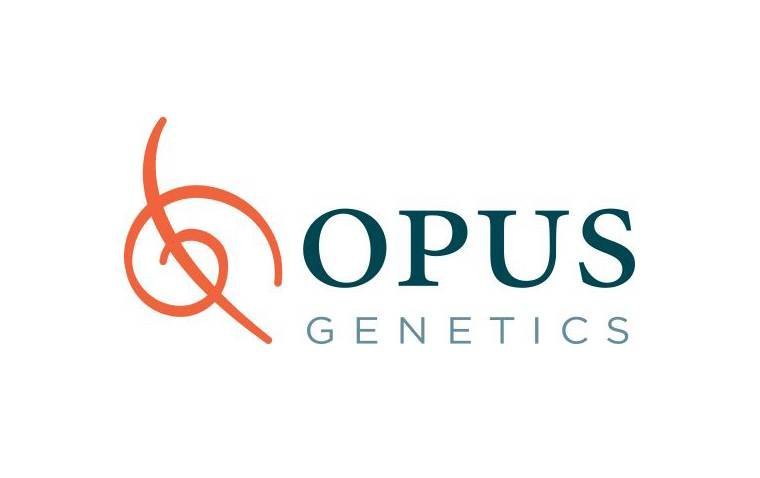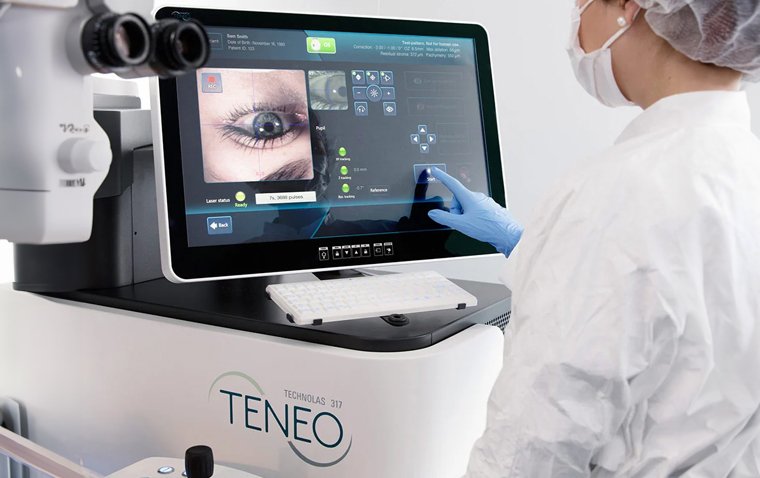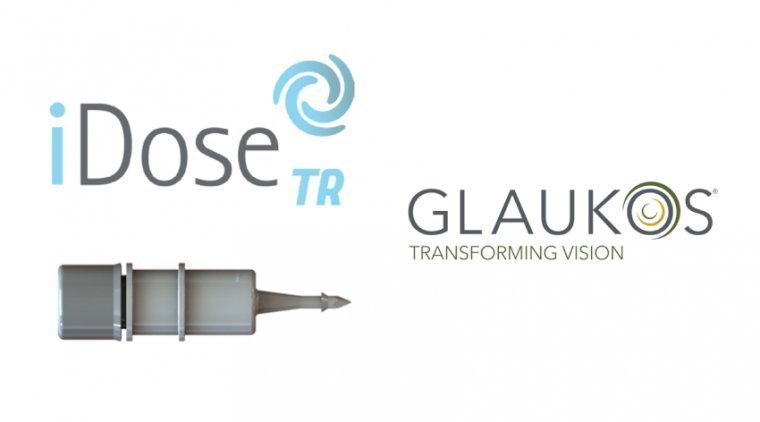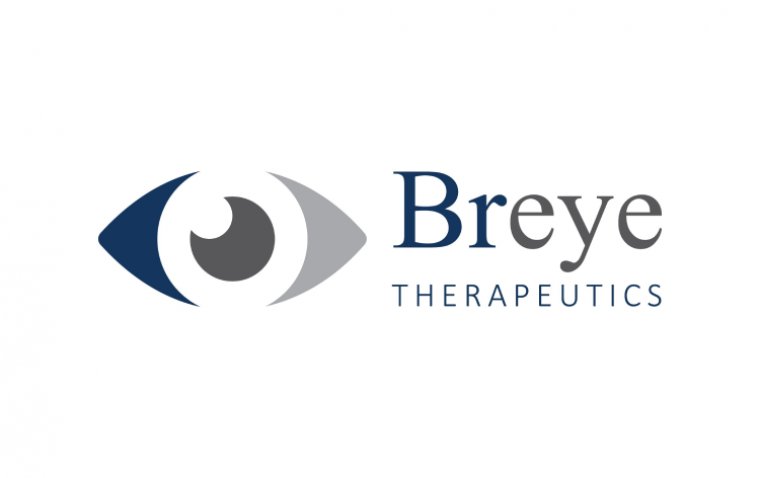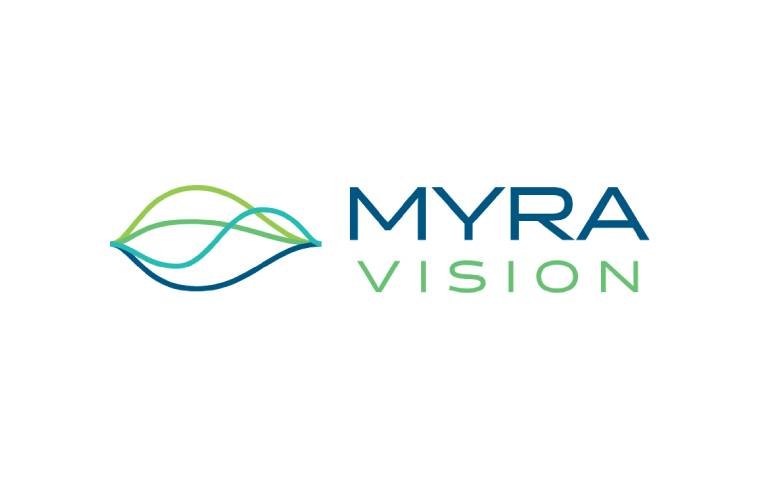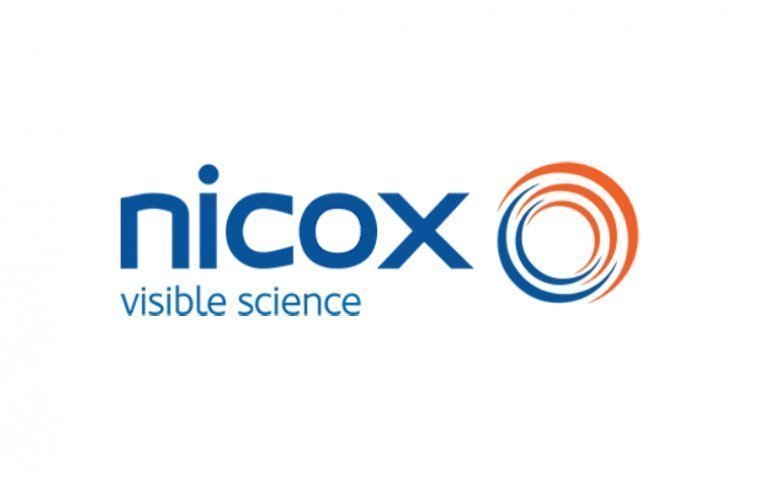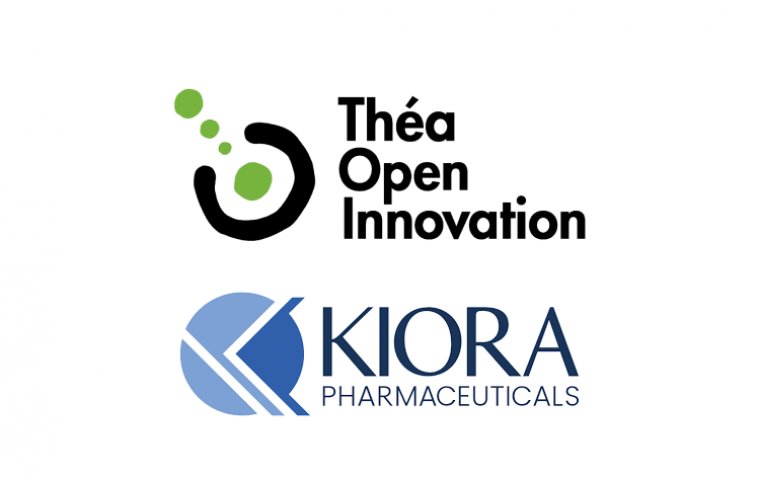
Kiora and Théa Partner to Advance Treatment for Inherited Retinal Diseases
Kiora Pharmaceuticals has joined forces with Théa Open Innovation (TOI), a sister company of Laboratoires Théa, to develop and commercialize KIO-301 for the treatment of degenerative retinal diseases.
The strategic agreement grants Théa exclusive worldwide development and commercialization rights, excluding Asia, in exchange for an upfront payment of $16 million. Kiora stands to receive up to $285 million based on achieving specified clinical development, regulatory, and commercial milestones.
The partnership extends to retinitis pigmentosa and other ophthalmological indications globally, with the exception of China, Japan, and select Asian countries. Kiora will spearhead clinical development through phase 2, while Théa takes on primary responsibility for phase 3 trials and regional marketing authorizations. Following regulatory approval in respective regions, Théa will oversee all commercial activities, including sales, marketing, and market access.
Brian Strem, PhD, CEO of Kiora, expressed optimism about the collaboration, stating, "Our partnership with TOI provides us with the strategic, financial, and commercial resources to bring innovative treatments to patients with inherited retinal disease."
The company plans to initiate a phase 2 multicenter controlled clinical trial for retinitis pigmentosa in early 2024, with results expected in H1 2025. Kiora is also exploring other retinal diseases where KIO-301 may prove effective.
The decision to collaborate stems from promising phase 1/2 (ABACUS) data released in November 2023, showcasing significant vision improvements in patients with late-stage retinitis pigmentosa. Positive outcomes included enhanced visual field, notable improvements in visual acuity, and functional vision improvements in everyday activities. Functional MRI scans further revealed increased activity in the visual cortex, highlighting the potential of KIO-301 in advancing treatments for inherited retinal diseases.
“This partnership confirms our commitment to advancing innovation in the treatment of unmet need for ophthalmic diseases,” said Jean-Frédéric Chibret, President of the Théa group. “KIO-301 fits ideally into our range of therapeutic solutions as a cutting-edge product intended to return vision to patients suffering from hereditary retinal diseases thanks to an innovative small molecule. Promising clinical trial results recently reported at the American Academy of Ophthalmology meeting on KIO-301 give us further confidence in the program and the potential to bring a new treatment option to patients suffering from rare diseases."
(1).jpg)

